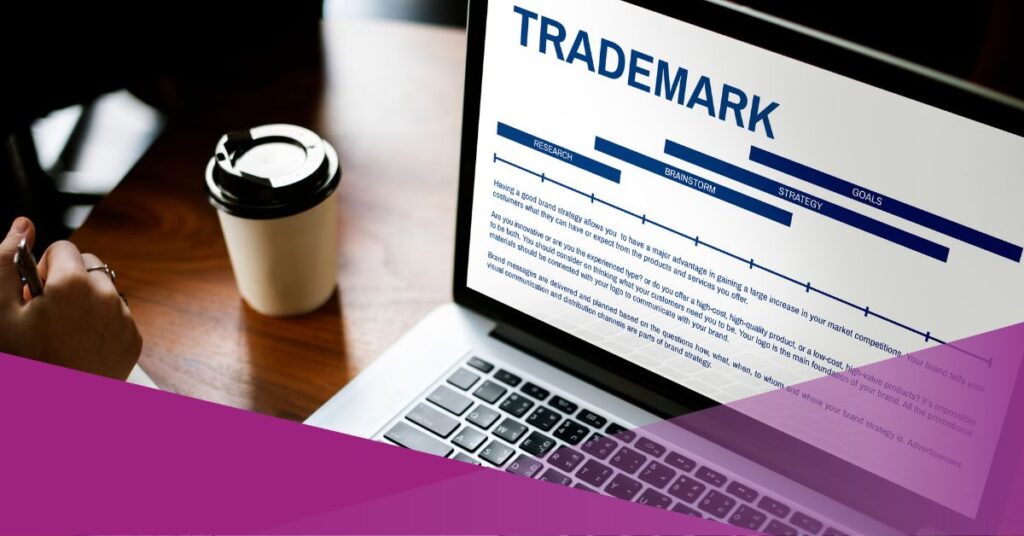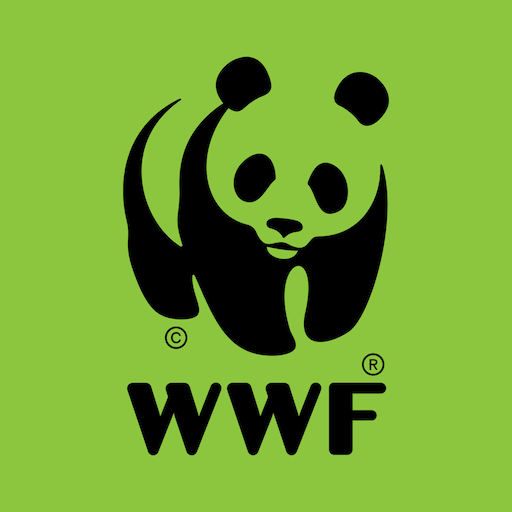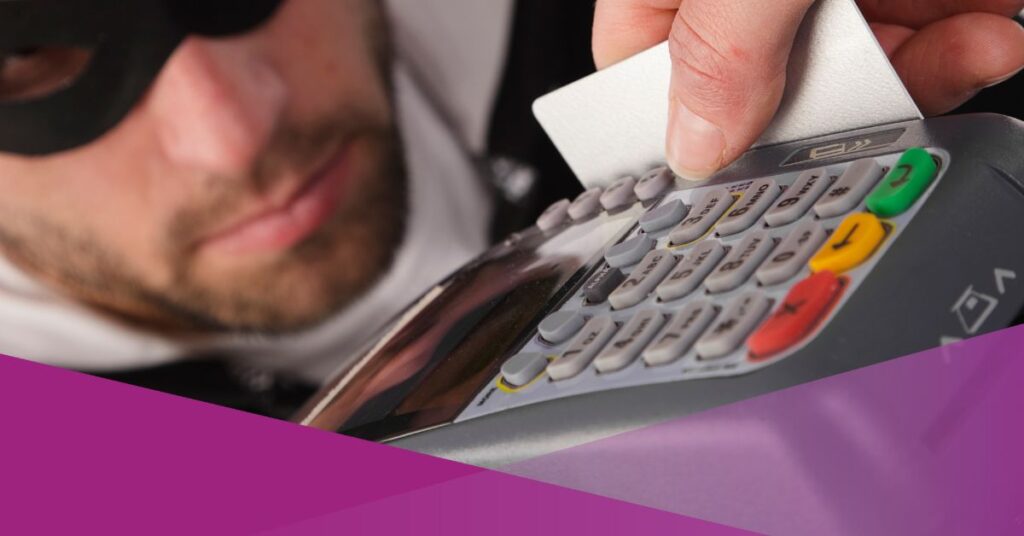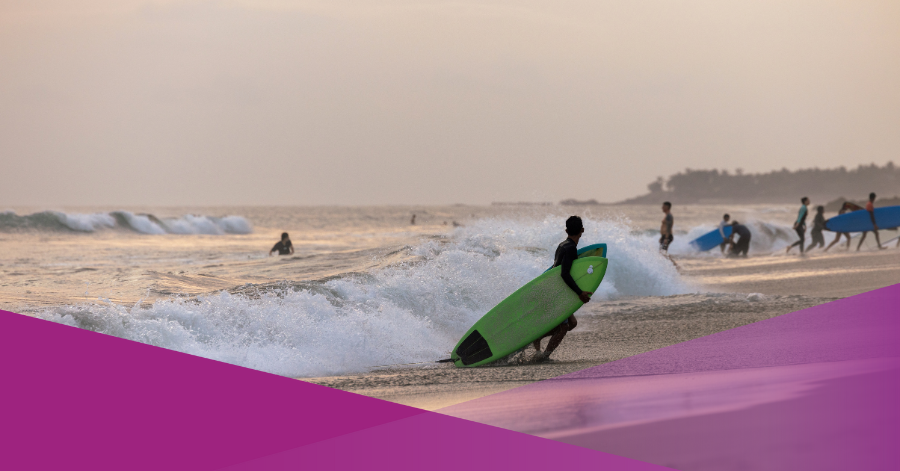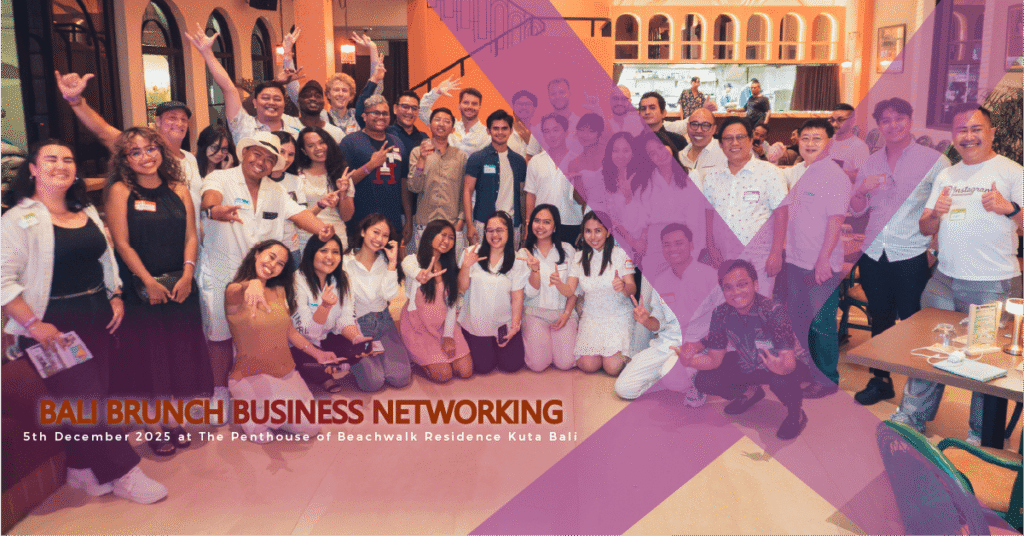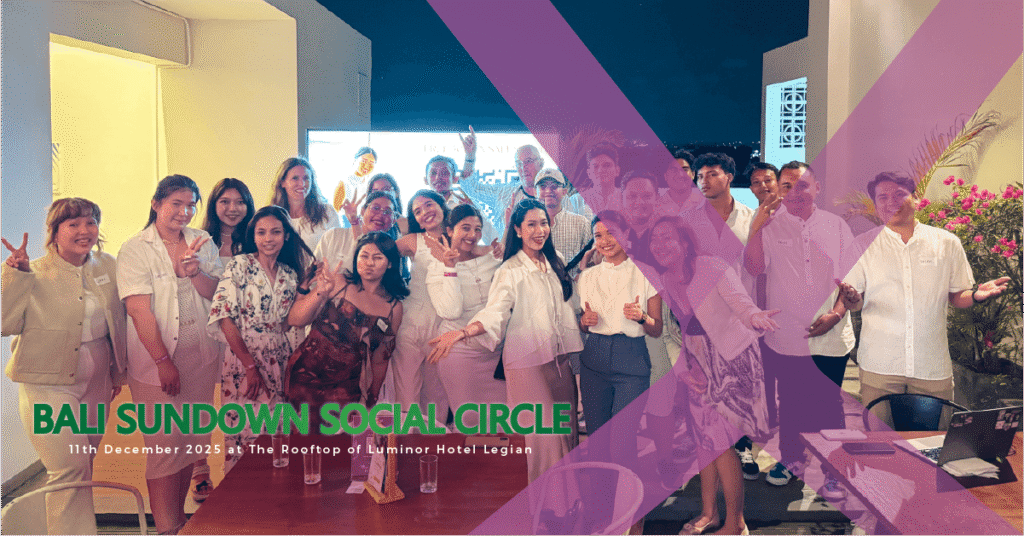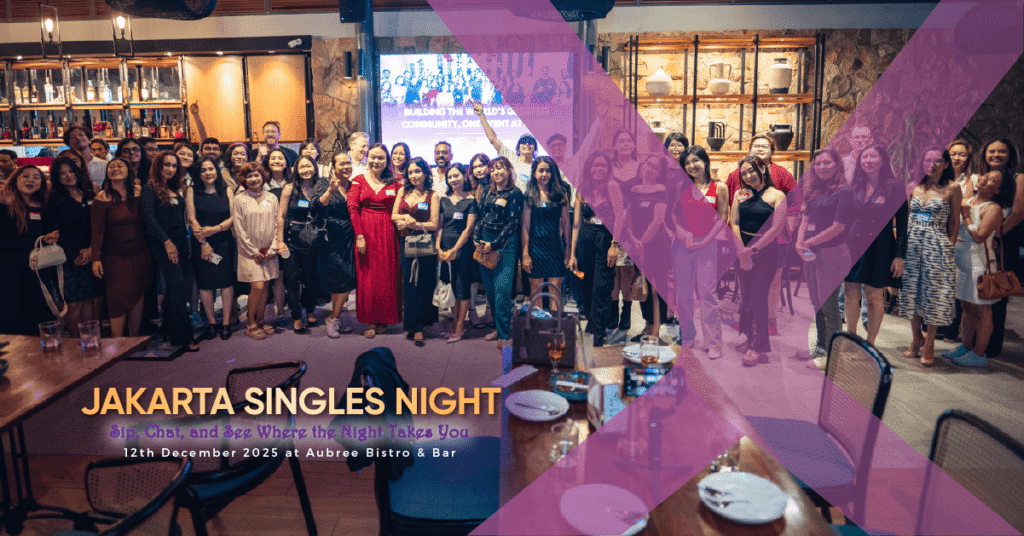The issue of trademark license is sensitive because it involves the brand’s image. It doesn’t have to be one similar word; if there are “parts” of similar words, it can also be a problem. That’s why getting a trademark license agreement for your brand is important.
By registering the trademark, the business will be protected and have a legal basis if there are problems in the future. It is not impossible that there will be trademark disputes, such as what happened with the Polo and Polo by Ralph Lauren in Indonesia. This dispute even threatened employee layoffs for one company.
Hundreds of PT Polo Ralph Lauren Indonesia employees who were threatened with layoffs held a demonstration in front of the Supreme Court building in Gambir, Central Jakarta, on Tuesday (23/04/2024) afternoon.
They urged the Supreme Court to investigate the judge in the judicial review of the Polo trademark rights dispute case.
Not only the Polo and Polo by Ralph Lauren but there are 5 other famous trademark license disputes worldwide.
5 Trademark License Battles Worldwide
Instagram Vs LitterGram
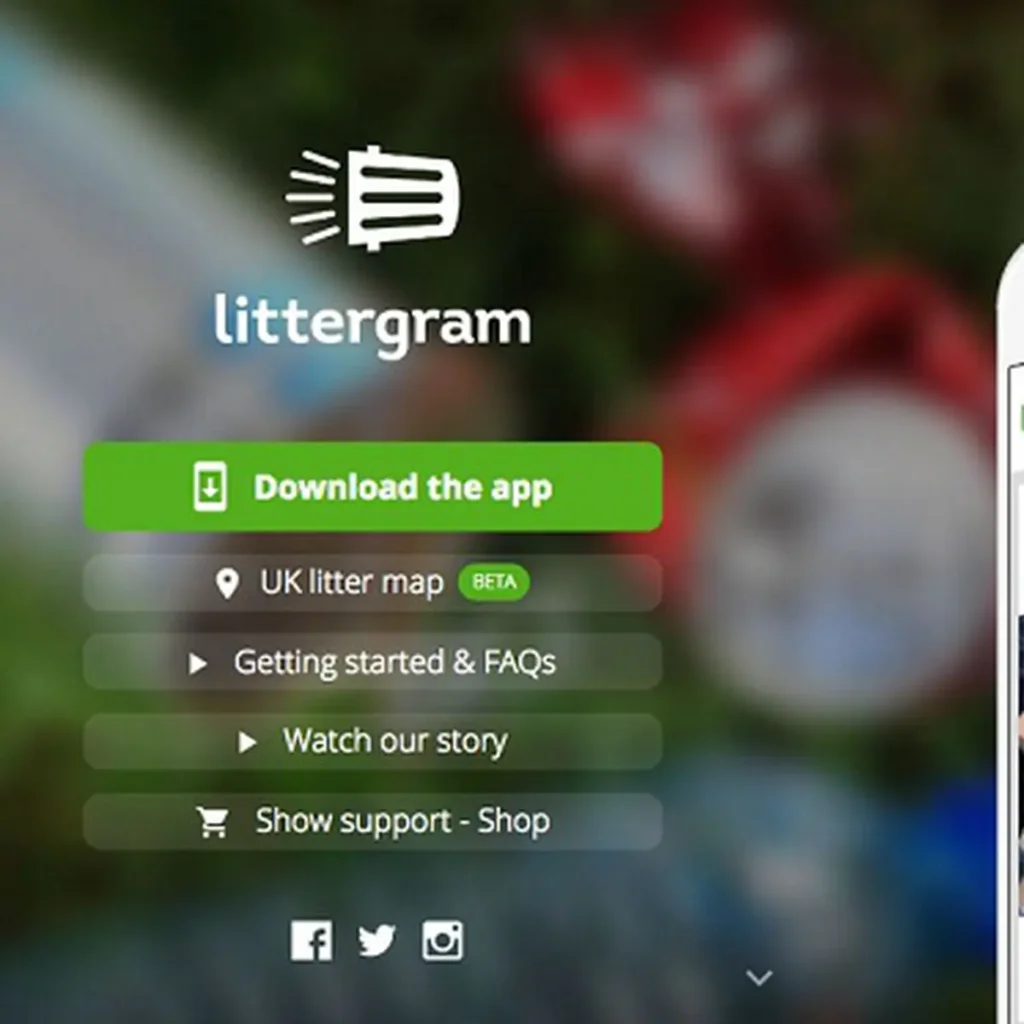
In 2016, the Instagram app sent a request to the LitterGram app to remove the “gram” in its name.
LitterGram is an app that monitors littering in the UK. Users can take photos of litter and report them to local authorities.
Louis Vuitton Vs. Louis Vuitton Dak
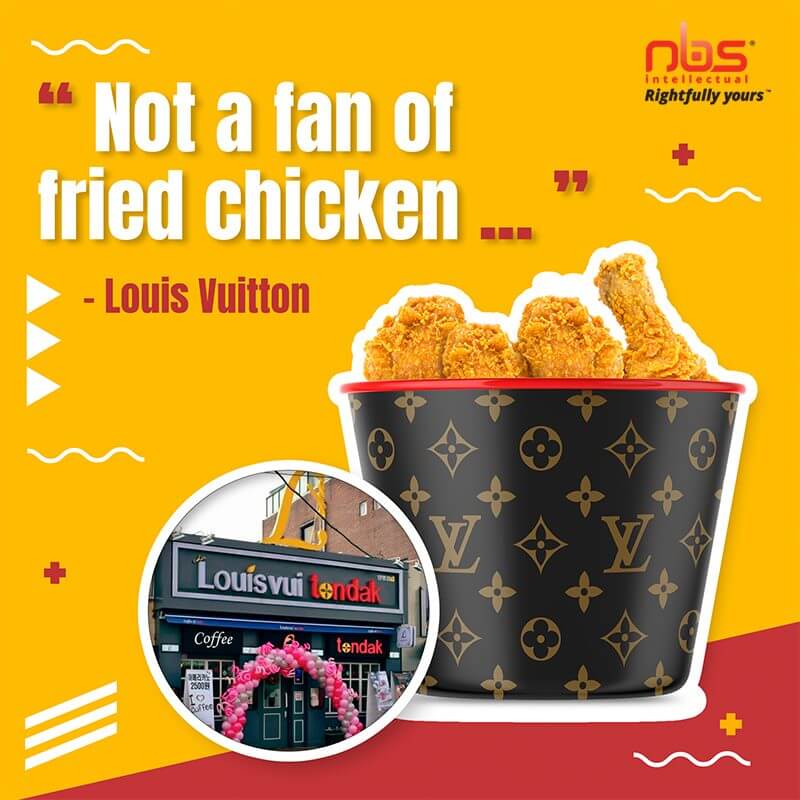
There is another case of a fried chicken business that has sparked controversy. The reason is that there is a fried chicken business in South Korea that uses the name Louis Vuitton.
Not only is the name similar, but the wrapper used by Louis Vuitton Dak is also similar to the LV symbol.
WWF Vs. WWE
The World Wildlife Fund (WWF) once wrestled with the brand that owns SmackDown due to similar abbreviations.
Before it was known as World Wrestling Entertainment (WWE), the company had the name World Wrestling Federation (WWF).
Alibaba Vs Alibabacoin
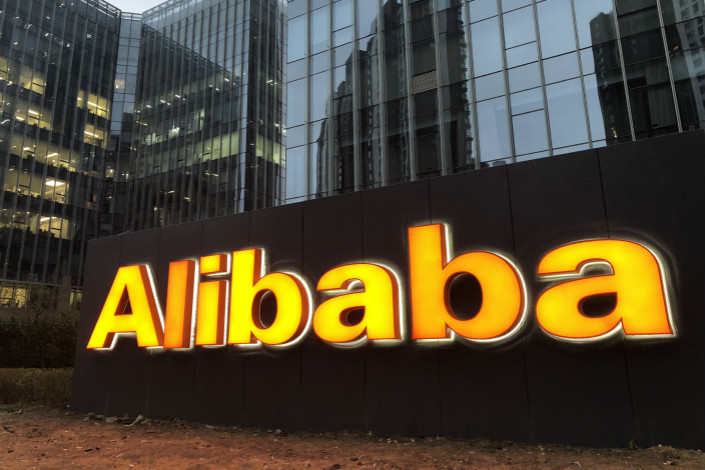
This case is quite interesting because Alibaba does not accept that there is a company from Dubai that uses the Alibaba name. Alibabacoin is a cryptocurrency company.
Starbucks vs. Sambucks
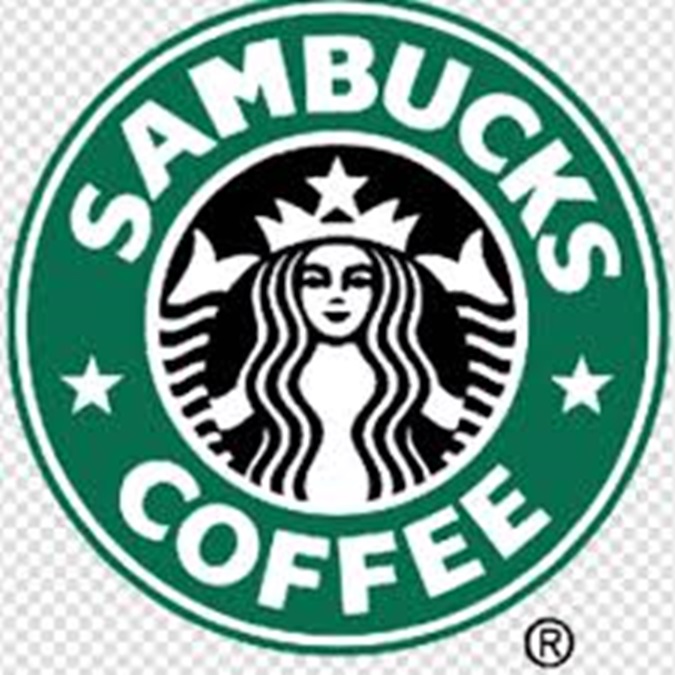
In 2006, a small coffee shop in Missouri called Sambucks was sued by Starbucks for trademark infringement. The lawsuit claimed that the use of the name Sambucks was confusingly similar to Starbucks and could lead to consumer confusion.
To prevent this from happening, protect your business with trademark registration. Let’s find out more.
What is a trademark?
A trademark is a sign capable of distinguishing the goods or services of one enterprise from those of other enterprises. It is a distinct symbol, logo, phrase, or design used to represent a business, distinguishing it from competitors.
A trademark is included in intellectual property rights because it distinguishes a product/service as unique and different from other similar products. For trademark owner, it is more than just a symbol or logo; it’s the key to safeguarding your brand identity.
Types of Trademark License
According to Law No. 15 of 2001 on trademarks in Indonesia, in general, trademarks are divided into three categories according to product or service:
Trademarks (merek dagang) are marks used on goods traded by one or more persons or legal entities to distinguish them from other similar goods.
Service marks (merek jasa) are marks used for services marketed by one or more persons with or by a legal entity to distinguish them from other similar services.
Collective trademark (merek kolektif) is a trademark used on goods and services with the same characteristics marketed jointly by more than one person or legal entity to distinguish it from other similar goods and services.
Steps of Trademark Registration
After the applicant registers the trademark, the patent and trademark office in Indonesia or Directorate General of Intellectual Property (DJKI) will not automatically accept it. There are several steps involved in licensing a trademark.
1. Administrative Examination
The administrative examination is conducted against the applicant within 30 days at the most. To obtain an acceptance date, minimum requirements need to be fulfilled. It also contains the products and services the licensee may offer with the trademark.
2. Announcement Period or Publication
The DJKI will announce the trademark application in the Trademark Official Gazette, which will last two months.
During this period, the trademark can receive responses from other parties by filing an opposition or objection. However, if there is no objection, the trademark application will continue and enter the Substantive Examination stage.
3. Substantive Examination
A substantial examination is like a quality control. It will determine whether the trademark can be accepted or if a refusal proposal is obtained.
4. Registered
Suppose the trademark application has been approved for acceptance. In that case, the status of the trademark will change to “Registered,” and the DJKI will issue a trademark certificate in accordance with the provisions of Article 24 of the MIG Law.
5. Trademark Certificate
After getting a trademark certificate, the registered trademark will receive legal protection for ten years from the date of receipt.
From the explanation of the stages of trademark registration above, the question arises: how long does the licensing process take?
The answer is tentative, but it can be estimated to be around 9-12 months; it can be longer or faster, depending on the examination of the DJKI.
Advantages of registering a trademark license
- Exclusivity: registering a trademark means an appropriate and effective effort to ensure legal exclusivity of the use of the name or logo and others. Like other property rights, trademarks have the right to exclusivity, which can prevent others from using the trademark and increase brand recognition.
- Legal protection: by registering a trademark, it will be granted protection in national and international scope to conduct business activities.
- Deterring and preventing other parties: by registering a trademark, you can prohibit another party to use your trademark, or habing a similar or identical to the trademark you owned.
- Control the use of trademarks owned by using a licensing mechanism against other parties or another business owner.
- Economic value: holding a registered brand can significantly affect the value to the buyer as any buyer of the product is likely to pay more for the royalty.
Advantages of registering a brand with LetsMoveIndonesia
The trademark registration process could take a long time, especially if other parties or competitors file objections to the registered trademark. This is the reason why it is important to use LetsMoveIndonesia.
Enjoyed this article? Explore other content from Social Expat for the latest updates on Travel News in Indonesia!
- How to Register a PT PMA in Indonesia-Suitable for Foreign-Owned Company
- South Korean Agency Eye Indonesian Market: More Representative Office for K-Pop Lovers
- A-Z How to Register a PT in Indonesia
